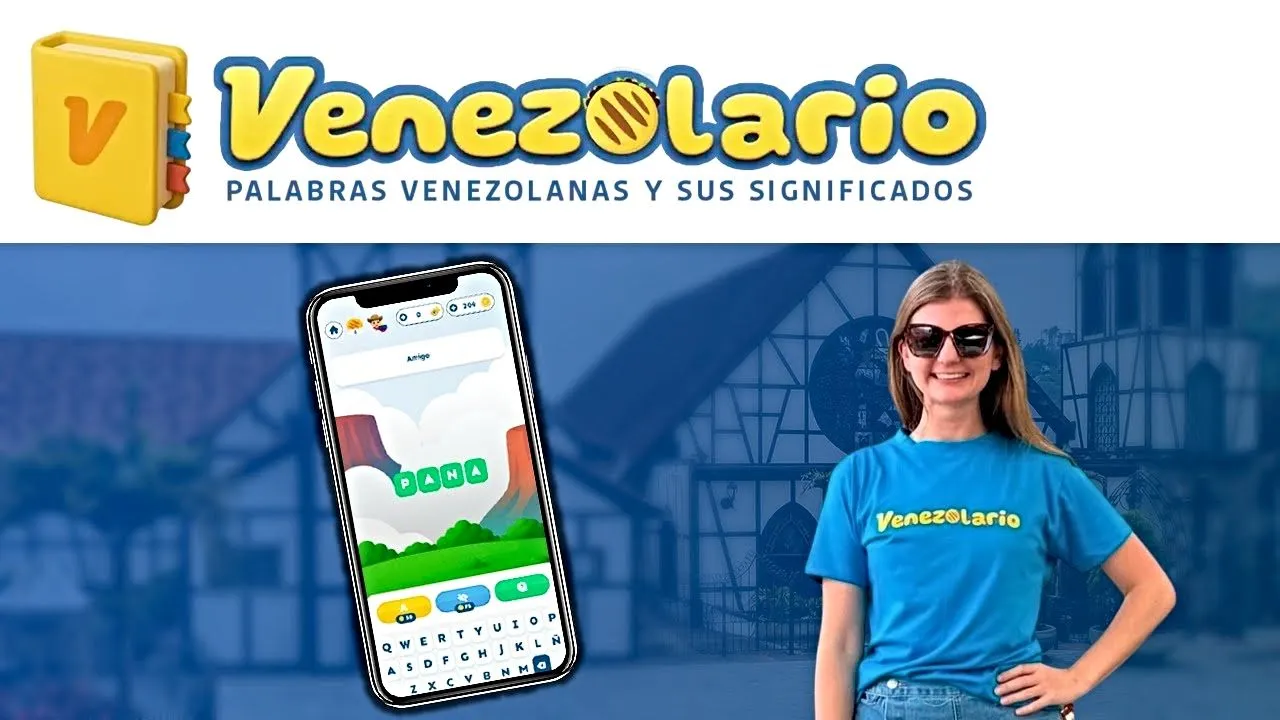
Source
Back when I downloaded Venezolario, I figured I’d try it for five minutes and delete it like every other word game that clogs up my screen. What I didn’t expect was to spend three nights in a row obsessing over whether cambur was spelled with a u or an o. Something about this app hit different. Maybe it was how fast I remembered words my abuelo used to throw around, or maybe it was the fact that the clues didn’t feel like tests. They felt like home. Not the cheesy version of home that apps try to sell with flags and clichés, but something messier, more specific. This wasn’t just about being Venezuelan. It was about decoding an identity built from a thousand tiny things people say without realizing how deep they go.
Then I started noticing how the app was built. The UX is slick in the best way, like someone who understands mobile design but doesn’t need to show off. Transitions are smooth, the animations have charm without dragging performance, and even older phones don’t suffer under its weight. But the real gem is the in-game dictionary. Every time you guess a word, you get context. Not just definitions, but where the word comes from, how it’s used, and why it matters. That’s rare in language games, where the goal is usually speed or points. Here, it feels like the game respects you enough to explain. And that structure makes the whole thing addictive in a low-key way. You’re not just learning. You’re unlocking something cultural every time you get a word right.
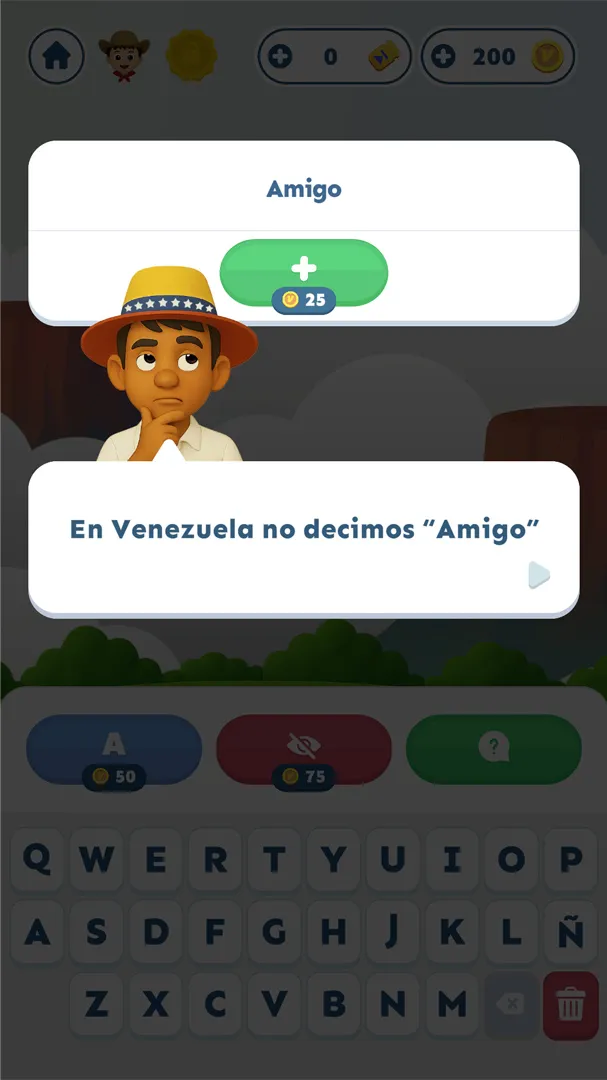
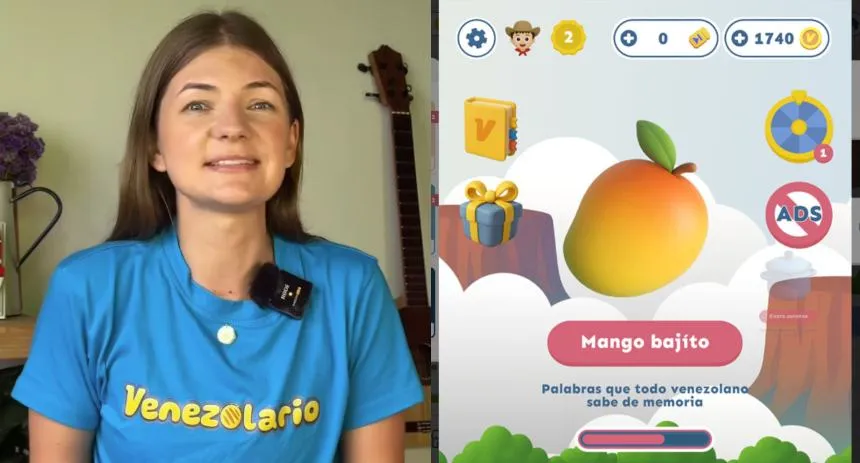
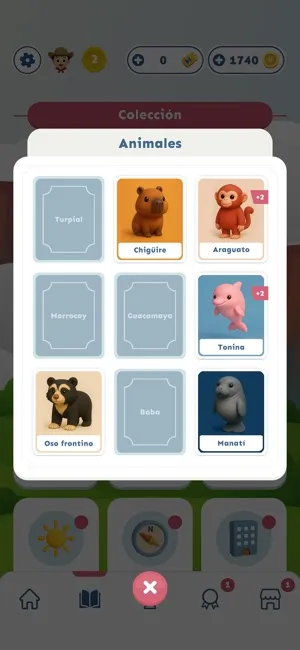
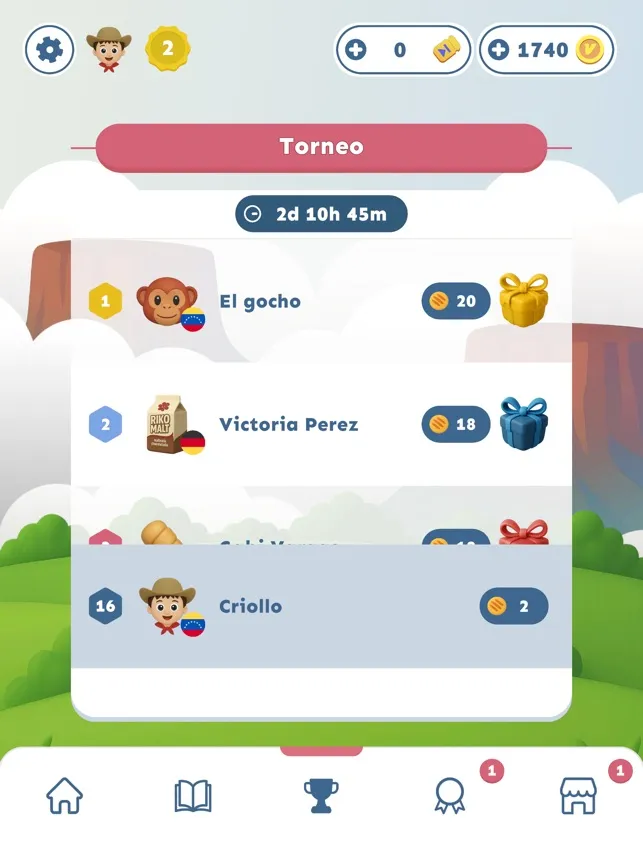
Source
People outside Venezuela are playing it, which at first surprised me. But now I get it. There’s something universal about how it works. If you’re part of the diaspora, it’s a bridge. If you’ve never been to Venezuela, it’s a window. I’ve seen kids who barely speak Spanish getting excited about unlocking chamo or parrillita. And I’ve seen adults tearing up because they got a word their mom used to say. That multigenerational appeal isn’t accidental. It’s designed into the game, layered into the mechanics. The collectible cards are pure dopamine, with characters, food, slang and places all illustrated with care. But even without the cards, the language itself pulls you in. You start playing out of curiosity and stay because something about it feels like it belongs to you, even if you didn’t grow up using those words.
Under the hood, Venezolario is smarter than it looks. The difficulty scales in a nonlinear way. You don’t just get harder words. You get ones that test your knowledge of context, tone and even sarcasm. Some clues are literal. Others are pure culture. And that’s where the technical brilliance shows. The logic engine that decides what word you’ll get next isn’t random. It adapts. It observes how you play and throws in curveballs just when you think you’ve got the hang of it. That dynamic keeps the experience fresh, even after hours of play. Add in the tournaments, the optional challenges, and the steady release of new word packs, and you’ve got a game that could easily live a long life without exhausting its charm.
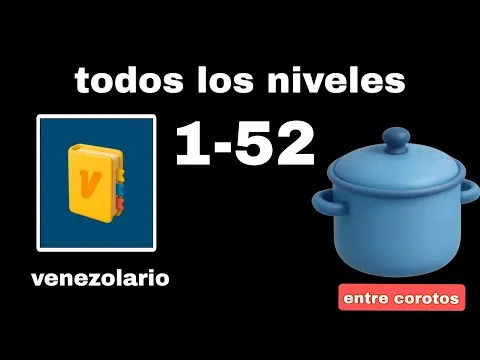
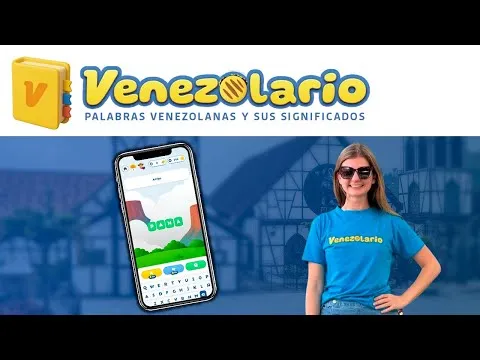
You know an app’s good when it teaches you without making you feel dumb. Venezolario does that. It rewards instinct and memory, but it also celebrates mistakes. I’ve typed in wrong answers just to see what would happen, and even that feels like part of the process. No pressure, no judgment, just this slow, joyful rediscovery of a language that refuses to be standard. In a world full of polished games that forget who they’re made for, this one remembers. It’s made for the people who say echale pichón with pride, and also for the ones who just want to know what that means. I didn’t expect to care about a word game. But here I am, teaching my niece what cotufero means, and feeling like I’m giving her something real.










